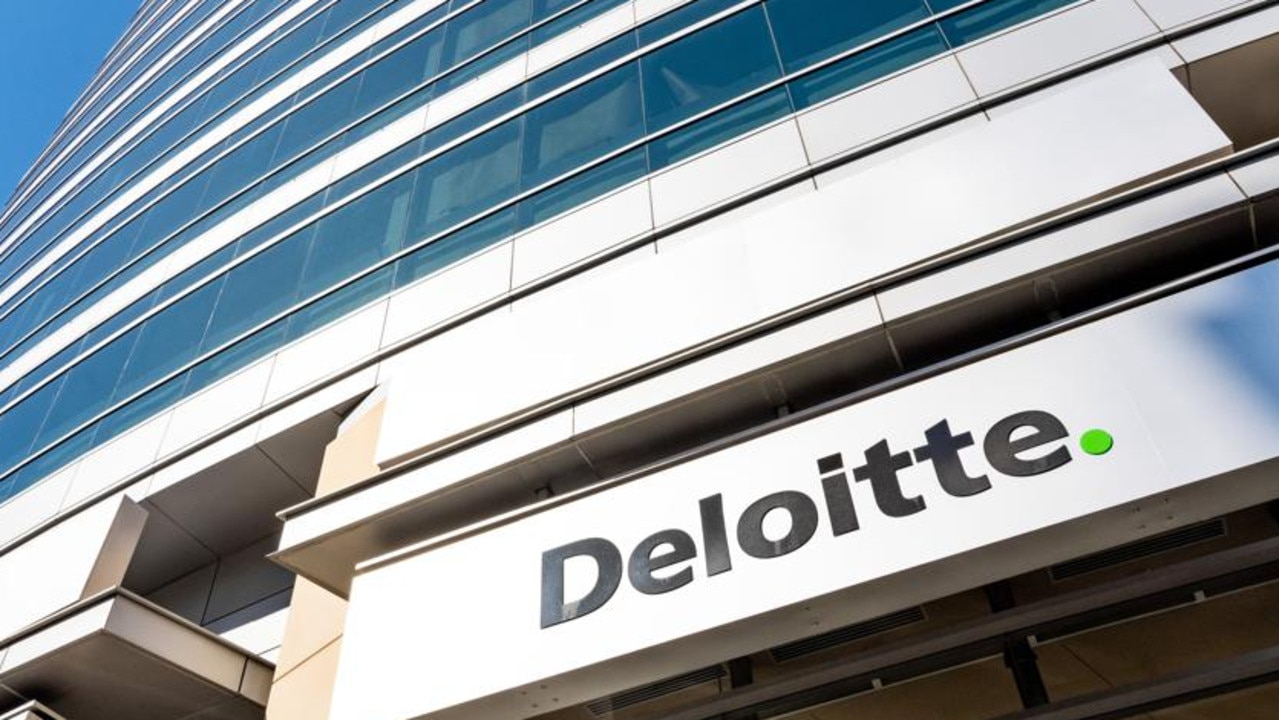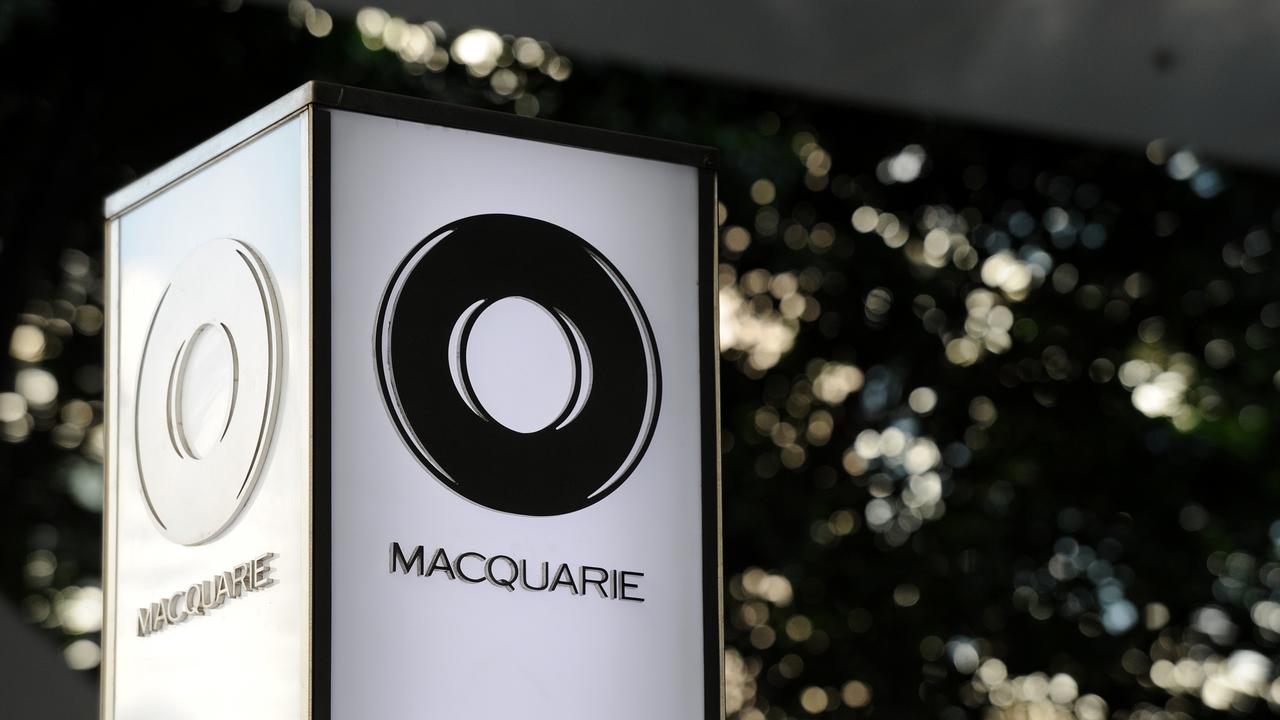Will the ASX be a global winner in 2025?
Investor bias for ASX stocks is looking as strong as ever and that may pay off in the short term, but have we forgotten the golden rule of investing?

Business
Don't miss out on the headlines from Business. Followed categories will be added to My News.
When it comes to investing, Australians have long had a hard time looking past homegrown companies. And after a bumper year for some overseas markets – the S&P 500 is up 40 per cent since October 2023 – the bias for ASX stocks is looking as strong as ever.
Indeed, investor appetite to offshore markets is on the decline, according to new research.
Just 40 per cent of Australian investors would consider investing in foreign markets in the next six months, HSBC’s latest Investor Insights Survey has found. This is down from 43 per cent in 2023 and 48 per cent in 2022.
The declining interest in overseas markets comes as Australians navigate an already minimal offshore exposure: just 25 per cent of Australian investors have foreign assets compared to the 75 per cent that hold domestic investments.
Part of the reason investors love their ASX stocks – aside from the expected home-ground advantage – is because of the generous dividends and franking credits. But what about concentration risk?
Alongside the tepid appetite for overseas investments is a similar apathy towards spreading risk across asset classes: Half of Australian investors are unlikely or unsure whether to diversify their portfolio in the next six months, according to the survey. This is a 7 per cent jump on the prior year.
Australians have forgotten the golden rules of investing, HSBC Australia investments senior manager David Talbot warns.
“Investors should remember the importance of having a diversified portfolio, both geographically and by sector, to weather market fluctuations,” he says.
There’s also a generational divide when it comes to investing preferences, he adds.
“There’s a split in the generations here, where 87 per cent of what baby boomers hold is onshore, versus 63 per cent (onshore) for the Gen Z cohort, the youngest generation,” Talbot says. This generational divide in how Australians invest has been turbocharged in recent years as younger investors, locked out of the property market, shift into riskier assets to boost returns.
Meanwhile, with bank savings rates sitting at up to 5 per cent in some cases, older investors have even more incentive to stay put.
“The interest rate rises of the last few years have seen most Australians pull back on their spending. But if you’re a baby boomer, those interest rate rises are probably beneficial from an investment standpoint, because you can invest in safer assets like term deposits and still get a (good) yield,” Talbot says. While boomers may be content with returns of 5 per cent, those rates are unlikely to hold for much longer: The market is currently eyeing three rate cuts in the next 18 months. Assuming 25 basis points for each cut, that brings the official cash rate down to 3.6 per cent.
Investors may also be eyeing overseas markets, particularly the US, through a lens of caution following some cracking gains: while the S&P/ASX 200 is up 8 per cent calendar year to date, the S&P 500 has risen an impressive 24 per cent. On a one-year basis, the US market’s performance is even more impressive, coming in at 40 per cent versus the local market’s 20 per cent gain. With US equities surging to record levels, market watchers, including Goldman Sachs’s US equity strategist David Kostin, are now warning we could soon enter a “lost decade”, where annual returns are in the low single digits.
“We estimate the S&P 500 will deliver an annualised nominal total return of 3 per cent during the next 10 years (7th percentile since 1930) and roughly 1 per cent on a real basis,” Kostin says.

Equities will face stiff competition from other assets during the next decade, he warns. “Our 3 per cent annualised equity return forecast combined with a current 10-year US Treasury yield of 4 per cent and 10-year break-even inflation of 2.2 per cent suggests the S&P 500 has roughly a 72 per cent probability of trailing bonds and a 33 per cent likelihood of lagging inflation through 2034,” the equity strategist says.
The Australian market, in contrast, has potential to deliver annual returns of 8 per cent, AMP’s Shane Oliver estimates.
“Australian shares are trading on a PE of 21 times which, based on the historic relationship with returns … points to a medium-term return of around 8 per cent per annum,” Oliver says.
While investors turn against overseas markets, they aren’t necessarily slowing down their overall activity, even with equity markets at all-time highs. This is particularly true for Gen Z and millennials (investors under the age of 43) who are investing more frequently than their older counterparts, with around 55 per cent investing on a weekly or monthly basis, compared with 22 per cent of Gen X and 7 per cent of boomers, according to HSBC.
Younger Australians are also investing in higher-risk assets. About 40 per cent of Gen Z and millennials have exposure to cryptocurrency or NFTs (non-fungible tokens) – the most of any financial product.
“Gen Z are quite financially active and willing to take on more risk when investing,” Talbot says.
“Given this generation is facing challenges accessing the housing market, they are taking it upon themselves to build wealth through methods more accessible to them, and allocating more of their income to do so.”
More Coverage
Originally published as Will the ASX be a global winner in 2025?









